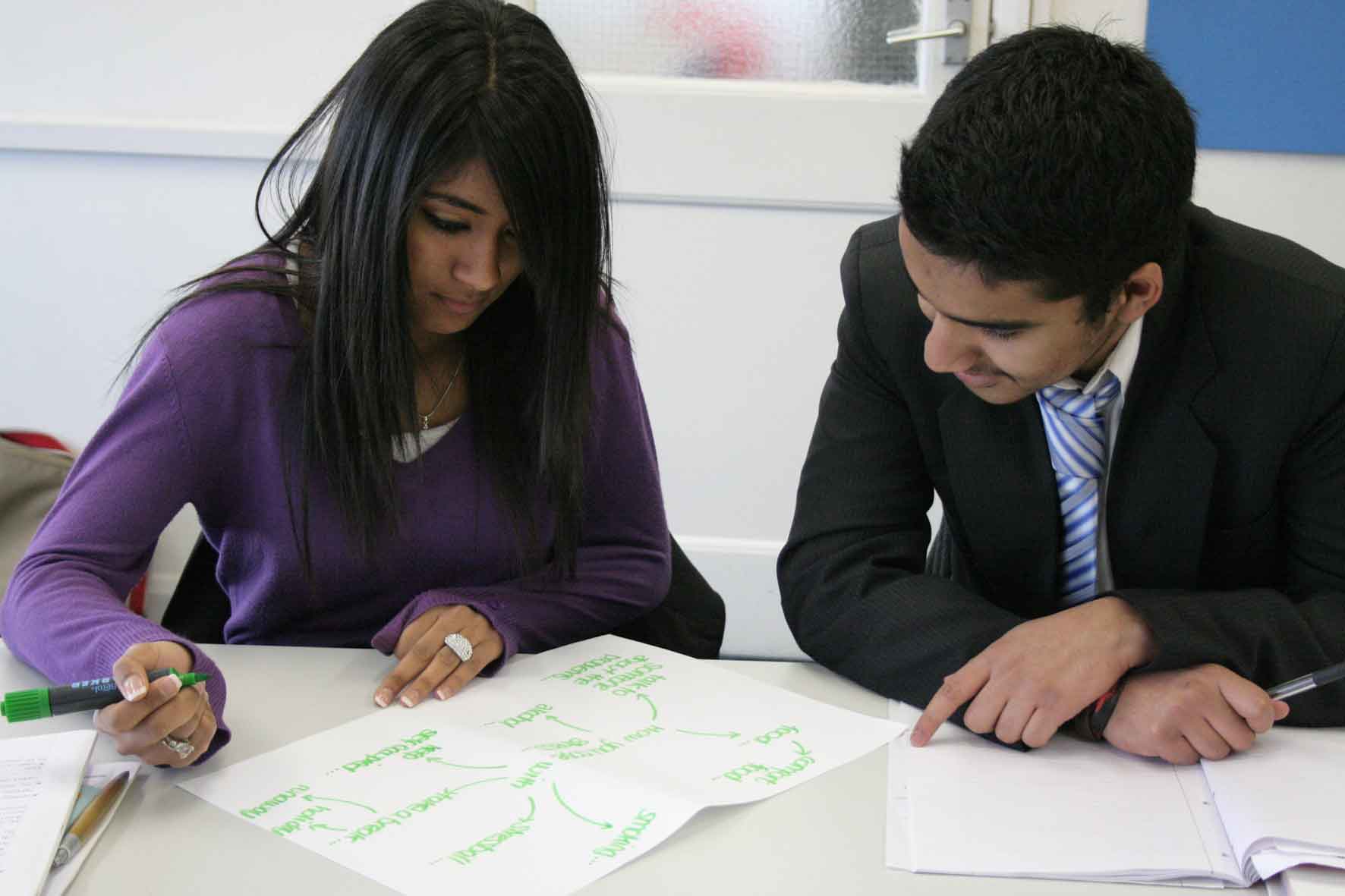Psychology
Psychology is taught at A Level as an option.
Psychology is the scientific study of the mind and behaviour. Students wishing to study Psychology need to be curious about both typical and atypical behaviour.
Psychology seeks to understand the mind and behaviour through experimentation and observation. Its scope includes questions like what causes schizophrenia? What motivations underlie our behaviour? Why do we dream? And how do we treat disorders?
The skills that are developed by studying Psychology include analytical and evaluative skills and communication skills of reading, writing, speaking and listening.
The wide range of skills that are developed throughout A Level Psychology will be useful in other A Level subjects including Sociology, English, Biology, History, Government & Politics, as well as Chemistry.
Exam Boards:
A Level Psychology: AQA

Statement of Intent
The A-Level Psychology curriculum has been designed to provide students with the skills essential to becoming independent thinkers with a passion for their studied subject and life-long learning. Throughout their Psychological studies, students will become adept at understanding the human mind and behaviour, and thus acquire the ability to think critically; whilst appreciating the varying perspectives that underpin psychological study. It is hoped that this curriculum will equip students with the transferable skills needed to thrive beyond sixth form and effectively navigate themselves in society as articulate and active citizens who uphold and internalise British values.
Students are encouraged to broaden their understanding of Psychology through various means; such as engaging with current affairs, reading a combination of research journals and perusing in the Psychology Review magazine; all of which are readily available for students in the Sixth form library. In addition to enrichment provided within school, students are further encouraged to seek opportunities that develop their psychological awareness, such as attending the Zimbardo Conference to gain further insight into the rational of his research and subsequent research that followed.
Having access to such resources affords students with the opportunity to develop their cultural capital, strengthen their interest in Psychology and develop the skills valued by Higher Education and employers.
We follow a two-year KS5 programme of study, which adheres to the A-Level AQA Psychology specification. This Exam syllabus was specifically chosen to be taught at FHS, as it provides students with an ambitious level of challenge whilst being suitable and accessible to all learners which is evident from previous exam success rates.
The scope of all topics taught in Psychology are extensive and strongly relatable to real-life. The compulsory content on the AQA Psychology specification includes the topics of Biopsychology, Approaches and Research Methods. The Approaches topic is purposefully covered at the beginning of Year 12 as it runs as a central theme throughout the course and therefore a depth of understanding is crucial for student accessibility to subsequent topics. Research Methods is taught throughout the course, and a method of interleaving is used to continuously re-visit research method concepts that effectively link to the sub-topics covered. For example, Observational methods would be re-visited when exploring the Strange Situation study that is covered within the attachment topic.
The development of literacy skills is also intrinsic to the content covered on this course. The use of subject specific, specialist terminology is consistently embedded within lessons to build upon student oracy, reading and writing skills. Understanding the mathematical requirements that are needed within research methods helps to ensure that students are consolidating the numeracy skills that they would have acquired from KS3 and 4 study such as the drawing of graphs and understanding how to calculate measures of central tendency; whilst bridging the gap between prior knowledge and the mathematical skills that they are likely to encounter when studying for a Psychology undergraduate degree, such as the calculation of statistical analysis.
The non-compulsory topics are taught in Year 13 and include Relationships, Schizophrenia and Forensic Psychology. The topics have specifically been chosen as they link well to tolerance and acceptance of different attitudes and beliefs that students are likely to encounter daily.
